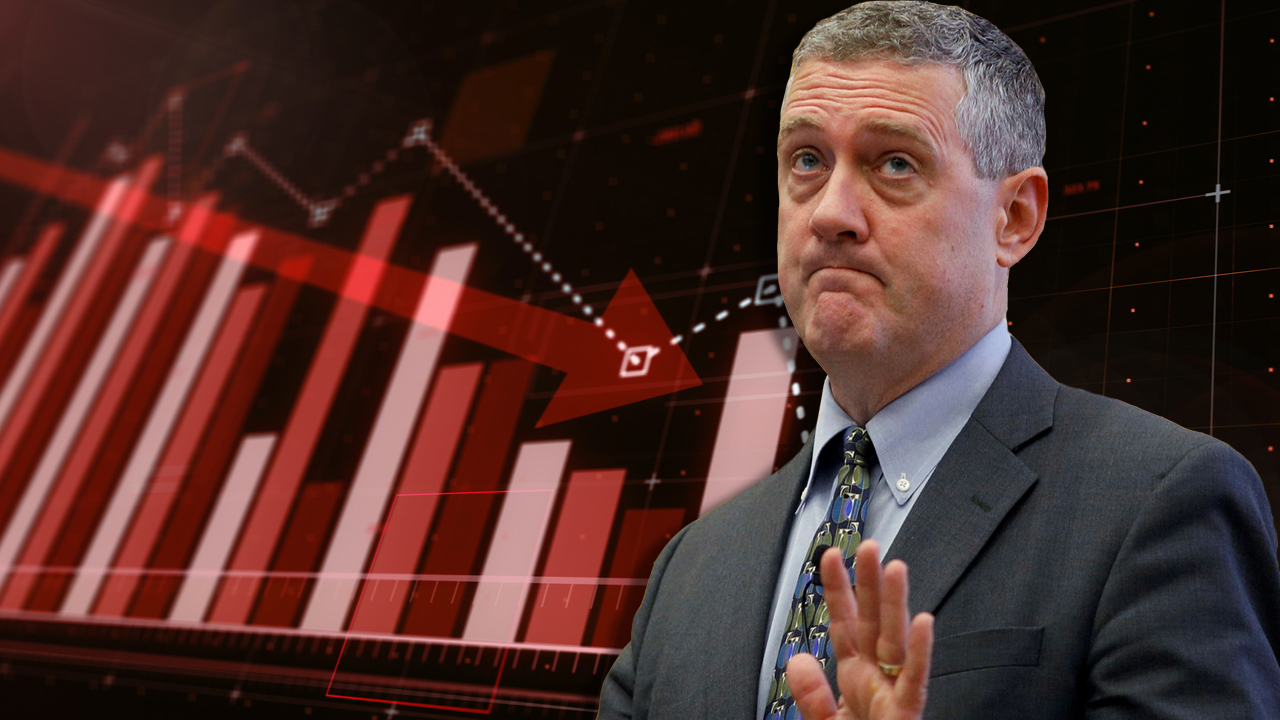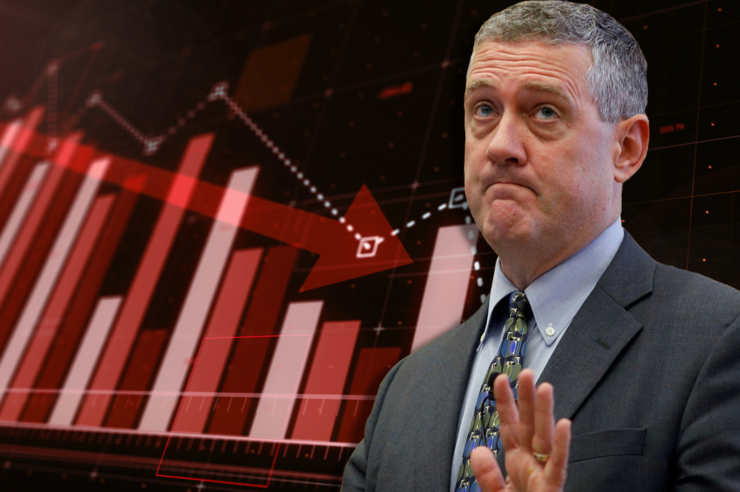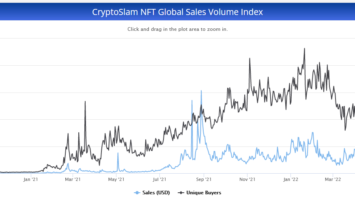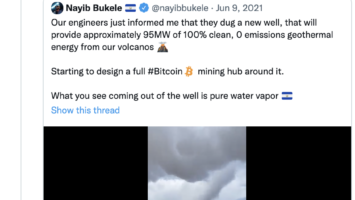
The 12th president of the Federal Reserve Bank of St. Louis, James Bullard, thinks the U.S. central bank can increase the benchmark bank interest rate by 75 basis points this year. Bullard believes the Fed could raise rates to 3.5% by the fourth quarter of 2022 to combat the red hot inflation plaguing the U.S economy.
James Bullard Says ‘Inflation Is Far Too High,’ St. Louis Fed Chief Hopes to See Large Interest Rate Increases Going Forward
On March 16, Bitcoin.com News reported on the Federal Reserve raising the benchmark bank interest rate for the first time since 2018. At the time, the Federal Open Market Committee (FOMC) and Fed chair Jerome Powell raised the rate from near zero to 0.25% in order to target 0.25% and 0.50%. Still, inflation in the U.S. continues to run rampant, as statistics from the March Consumer Price Index (CPI) report indicated that U.S. inflation is currently running at 40-year highs.
This week, the St. Louis Fed chief James Bullard explained on Monday that inflation in America was “far too high,” during a virtual presentation managed by the Council on Foreign Relations. After the Fed raised interest rates in mid-March, the FOMC noted that “ongoing increases…will be appropriate.” Bullard wholeheartedly agrees and he further explained that increases could be even higher than 50 basis points. The St. Louis Fed chief explained how Fed Chair Alan Greenspan increased the benchmark rate by 75 basis points in 1994.
“More than 50 basis points is not my base case at this point,” Bullard stressed during the Council on Foreign Relations’ virtual event on Monday. Bullard further noted that Greenspan’s decision helped bolster a significant rebound in the American economy. “That one was successful, and did set up the U.S. economy for a stellar second half of the 1990s — one of the best periods in U.S. macroeconomic history,” Bullard remarked during the presentation. Bullard added:
And in that cycle, there was a 75 basis point increase at one point, so I wouldn’t rule it out.
Report Highlights the Fed ‘Creating More Inflation by Expanding the Central Bank’s Balance Sheet,’ Bullard Hopes to Put ‘Further Downward Pressure on Inflation’ by Q3
Despite Bullard saying inflation was “far too high,” the economist and gold bug Peter Schiff has asked why the U.S. central bank’s balance sheet keeps increasing. For instance, a report published on Schiff’s website explains that “in the week ending April 13, the balance sheet grew by $27.9 billion, hitting a new record of $8.965 trillion.” Schiff’s findings highlight that the balance sheet is up $3 billion from the high recorded in March.
“For all the talk of fighting inflation and shirking its balance sheet, the Fed continues creating more inflation and expanding its balance sheet,” Schiff’s blog post explains.
The St. Louis Fed branch president did not expand upon the Fed’s balance sheet and much of the inflation blame game was placed on Covid-19 and the current Ukraine-Russia war. Bullard stressed during his talk that he would prefer to see the benchmark rate hiked up to 3.5% by the year’s end. Currently, the Fed has six remaining FOMC meetings in 2022 and Bullard thinks that half-percentage-point increases or larger are feasible.
“What we need to do right now is get expeditiously to neutral, and then go from there,” Bullard insisted during his presentation on Monday. “I’ve even said we want to get above neutral as early as the third quarter, and try to put further downward pressure on inflation at that point,” the St. Louis Fed branch president concluded.
What do you think about the St. Louis Fed branch president’s recent statements on how the Fed should tackle inflation by raising benchmark interest rates? Let us know what you think about this subject in the comments section below.
Image Credits: Shutterstock, Pixabay, Wiki Commons
Disclaimer: This article is for informational purposes only. It is not a direct offer or solicitation of an offer to buy or sell, or a recommendation or endorsement of any products, services, or companies. Bitcoin.com does not provide investment, tax, legal, or accounting advice. Neither the company nor the author is responsible, directly or indirectly, for any damage or loss caused or alleged to be caused by or in connection with the use of or reliance on any content, goods or services mentioned in this article.






















Comments (No)